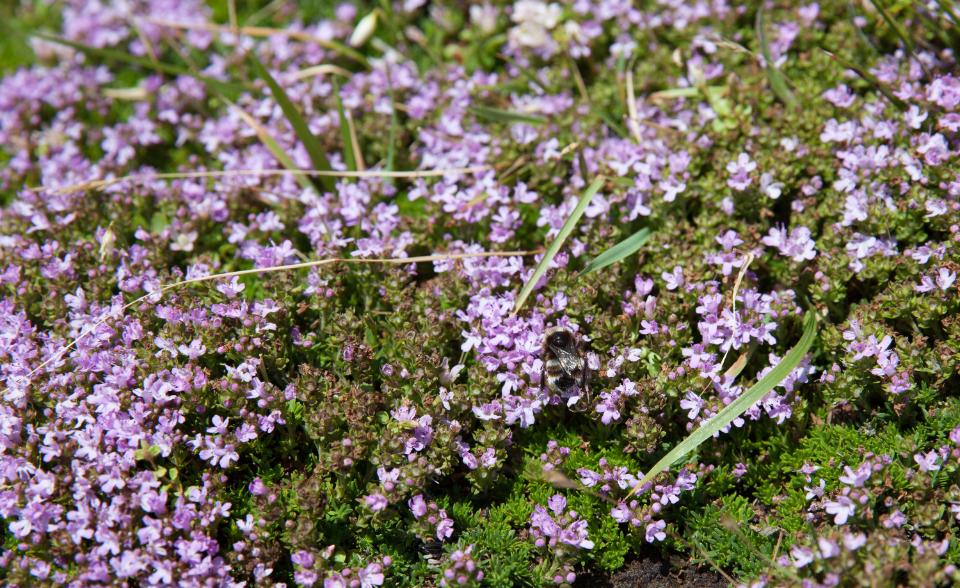-
Date:
17 Apr 2025
-
Location:
Online
-
Schedule:
12h00 (Lisbon time)
-
Lecturer or Responsible:
Helena Trindade (CE3C-PFE)

Online access • LINK
Password • scientia
Terpenes are specialized metabolites produced by plants, that display several ecological important functions, e.g. in plant communication, attracting pollinators and defence against herbivores. Terpenoids are interesting compounds for human use, given their antibiotic, anti-cancer, anti-inflammatory properties, and plants are used for culinary due to their scent. Terpenes are all based in C5 isoprene units, their basic blocks, and terpene synthases are important enzymes for their synthesis.
Thymus caespititius is an interesting Iberian thyme, presenting different chemotypes in the wild. While in mainland Portugal and Madeira Island only the α-terpineol chemotype has been identified, in the Azores archipelago plants present chemotype variability (carvacrol, thymol, sabinene) within populations living in proximity. Previous studies by our group, using molecular markers were unable to find a genetic basis for these chemotypes. Now, we are aiming to study this further, based on NGS and transcriptomic data, together with microbiome analysis.

